TV and Radio Education in War Times: Bachelor Stories of the Department of TV and Radio Broadcasting
DOI: 10.17721/2522-1272.2023.83.7 ![]()
UDC 070:654.19:342.8
Oles Goian, D.Sci (Philol. Sciences) Professor, Educational and Scientific Institute of Journalism, Taras Shevchenko National University of Kyiv
0000-0002-4264-2613
Illia Khomenko, D.Sci (Social Сommunications) Associated Professor, Educational and Scientific Institute of Journalism, Taras Shevchenko National University of Kyiv
0000-0001-8591-4431
ABSTRACT
The article deals with the bachelor theses of the Department of Television and Radio Broadcasting in Educational and Scientific Institute of Journalism of Taras Shevchenko National University of Ukraine, which were prepared and defended at the department during the first year of the Russian-Ukrainian war. The objective of the article is to accumulate and to analyze the unique experience of the students‘ works in the extreme conditions, as well as to optimize the training of bachelors based on the obtained data. It is significant that all the works created after the start of the full-scale war, directly or indirectly reproduce the life stories of their authors, become the history of the department itself, which continued the educational process during the period of pandemics and quarantines, evacuations and air raids.
The following tasks are carried out in the article, and the following conclusions are offered accordingly: firstly, three bachelor‘s theses (stories) are considered, which are indicative of their authors‘ ability not only to “think audiovisually”, but also to propose the certain structural and software technologies that can be used by the next generations of bachelor‘s students – TV and radio journalists during preparation of this type of practical theses; secondly, the experience gained in creation of educational content by the Department of Television and Radio Broadcasting in the extreme conditions proved that the television and radio education in Ukraine received a new functional potential during 2020-2022 in almost all Ukrainian schools of journalism due to remote and asynchronous forms of education, is capable to overcome the most difficult challenges and barriers. Using the methods of induction (from partial to general) and deduction (from general to specific), observation and experiment, the authors generalize the statement that during 2020-2022 despite the implementation of all educational and scientific plans, 126 bachelor‘s theses were defended at the Department of Television and Radio Broadcasting, 37 of them were defended in 2022 and most of them were the audiovisual stories about “persistence, indomitability and faith in victory”.
KEYWORDS: television and radio journalism; storytelling; education; bachelor thesis; war.

